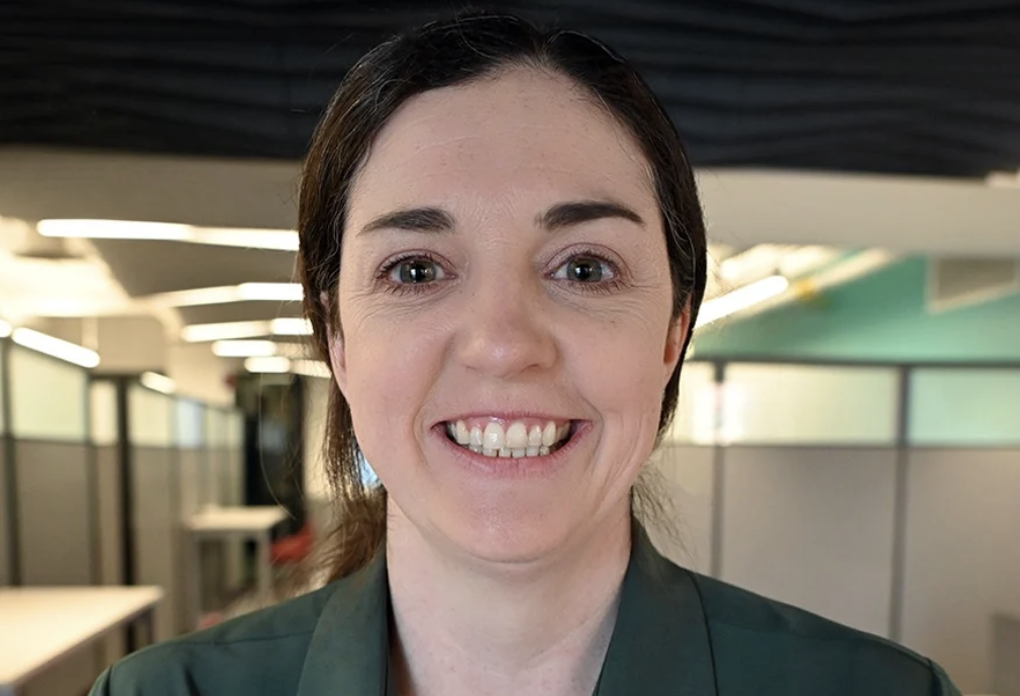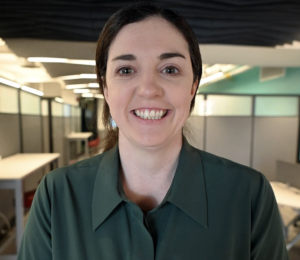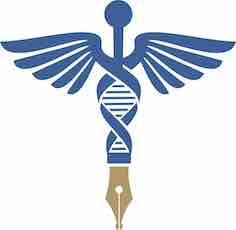

Kelly Cobey, winner of the 2024 John Maddox Prize for Early Career Research
Medical journals are the source of so many of the stories we write, but how trustworthy are they? This year’s winner of the John Maddox Prize for Early Career Research, Kelly Cobey, and finalist Ben Mol, have exposed two major flaws in the way journals work.
Kelly, the Director of the Metaresearch and Open Science Program at the University of Ottawa Heart Institute, deploys critical analysis, and courage, to combat the rise of ‘predatory’ journals, which lure scientific authors with false or misleading information, poor quality or no peer review, and aggressive solicitation practices.
Thorny issues
The judging panel noted that Kelly, “tackles deep and thorny issues and proactively provides scientists with tools to assist and encourage them in adopting open science practices. This is revolutionary work, which, as the nominee notes, is “not a role/service that most academic systems traditionally value”.

Professor Ben Mol — working to restore trust in papers
Ben is a professor of obstetrics and gynaecology at Monash University, Melbourne, Australia whose mantra is, “A day without randomisation is a day without progress.”
He has forced the retraction of at least 130 papers and is the driving force behind the recently published Research Integrity in Guidelines and evIDence synthesis (RIGID) framework.
He warns, warns “It is estimated that at least twenty-five per cent of clinical trials informing clinical guidelines may not be trustworthy.”
The John Maddox Prize, now in its 13th year, is a partnership between The Nature Awards (part of Springer Nature) and Sense about Science, which champion individuals who stand up and speak out for evidence-based policy.
Hostility
The award advocates for advancing public discussion around difficult topics, despite challenges or hostility, and recognises those who are making a change in public discourse or policy.
Magdalena Skipper, Editor in Chief, Nature says: “The importance of evidence-based science being widely and accurately communicated cannot be overstated; especially as disinformation becomes ever more common and harder to tell apart from factual information. Policy and public discussion must be guided by evidence-based scientific inquiry.”
Addiction
Health champions who also featured in this year’s shortlist are Ann McNeill, a Professor of Tobacco Addiction in the National Addiction Centre at the Institute of Psychiatry, Psychology & Neuroscience, King’s College London. She has devoted a nearly 40-year career to a science-driven approach to reducing individual and societal impacts of tobacco smoking, including prevention, cessation and harm reduction.
And Carola Vinuesa is a Spanish immunologist currently working at the Francis Crick Institute in London. She is internationally renowned for her discoveries in genetic causes of autoimmunity. She is a Fellow of the Royal Society and the Academy of Medical Sciences. Her genetic work led to the exoneration of Australian Kathleen Folbigg.
War crimes

Patrick Ball, winner 2024 John Maddox Prize
The winner of this year’s headline John Maddox Prize is Patrick Ball who was recognised for his outstanding work in identifying, cataloguing and prosecuting war crimes using rigorous statistical and mathematical modelling.
Patrick has spent 30 years working on quantitative analysis for truth commissions, non-governmental organisations, international criminal tribunals, and United Nations missions.
He has analysed data on human rights violations and killings from Bosnia, Timor-Leste, Guatemala, Colombia, El Salvador, Peru, Syria, Kosovo, Sierra Leone, and even the USA. Notably, he served as a witness in 2021 at the International Criminal Tribunal for the former Yugoslavia against Slobodan Milosevic, the former President of Serbia.
The judges’ say he “has steadfastly advocated for introducing rigour in cataloguing human rights abuses despite limited resources. He is among the pioneering figures who have brought statistical analysis to this critical field, which has been instrumental in advancing the understanding of such violations.”
Watch MJA Chair, Shaun Lintern, talk about the importance of combatting fake news at the 2024 MJA Awards.
And meet the journalists who are standing up for science who we honoured at this year’s awards.



Recent Comments